A recent report on weaknesses in Europe's ability to defend itself, coupled with a change in US administration, has prompted European leaders to take a serious look at the need to take more responsibility for their own security.
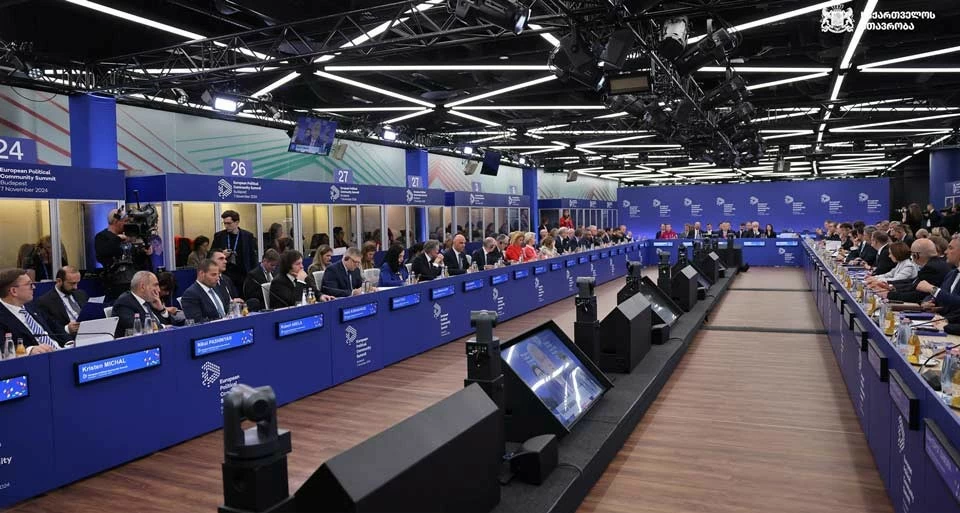 |
| European leaders gathered on November 7 to take a serious look at the need to take more responsibility for their own security. (Source: 1tv) |
AFP news agency reported that on November 8, the International Institute for Security Studies (IISS) published a report assessing that Europe has increased defense spending since Russia began its special military campaign in Ukraine, but its defense capabilities, including military manpower, are still insufficient.
The comments come as former President Donald Trump's return to the White House raises concerns that he could upend European security and halt support for conflict-torn Ukraine.
According to IISS, the Ukraine conflict has exposed many weaknesses in Europe's ability to defend itself: "Defense spending by European members of the North Atlantic Treaty Organization (NATO) in 2024 is expected to be nearly 50% higher than in 2014, when Russia annexed Crimea."
However, European armed forces "continue to rely on the United States to varying degrees across all military domains".
Europe's arsenals have been "seriously depleted by political decisions after the end of the Cold War and in the decades since, and in the process the European defence industry has also shrunk", the IISS warned.
In this context, the 5th European Political Community (EPC) Summit took place in Hungary on November 7, with the participation of many leaders from nearly 50 countries as well as international organizations to seek solutions to urgent security issues of the continent, including illegal migration, security and regional connectivity.
According to Hungarian Prime Minister Viktor Orban, whose country currently holds the rotating presidency of the European Union (EU), the leaders attending agreed on the need to take more responsibility for their own peace and security, instead of relying solely on the United States.
At a joint press conference after the summit with his Albanian counterpart Edi Rama, Prime Minister Orban highlighted current threats to peace, stability and prosperity in Europe, including the conflict in Ukraine, escalating tensions in the Middle East, migration to Europe and an unprecedented level of global economic “fragmentation” since the Cold War.
Therefore, Europe needs to act together to address these challenges. In addition, this EPC Summit also called for promoting peace efforts in Europe.
Established in 2022 at the initiative of the Czech Republic after the outbreak of the conflict in Ukraine, the EPC is emerging as a platform for political dialogue and cooperation in Europe, between countries both inside and outside the EU.
The EPC aims to address common challenges and enhance security, stability and prosperity on the continent.
Source: https://baoquocte.vn/chau-au-va-hoi-chuong-canh-tinh-cho-viec-tu-ve-su-that-be-bang-bi-phoi-bay-bau-cu-my-co-the-la-giot-nuoc-tran-ly-293038.html






![[Photo] Prime Minister Pham Minh Chinh chairs conference on anti-smuggling, trade fraud, and counterfeit goods](https://vphoto.vietnam.vn/thumb/1200x675/vietnam/resource/IMAGE/2025/5/14/6cd67667e99e4248b7d4f587fd21e37c)

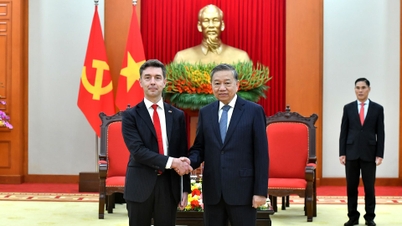

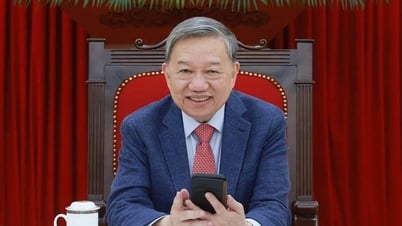

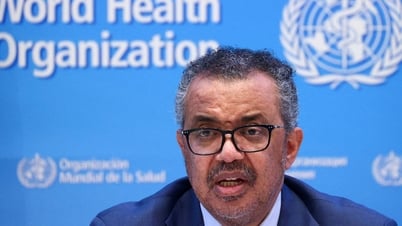

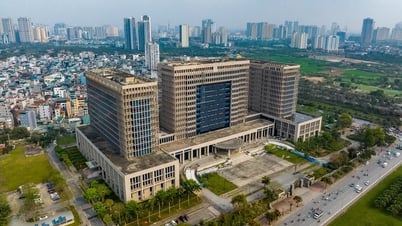





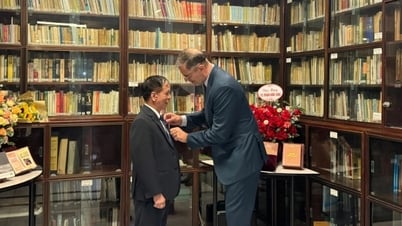

![[Infographics] Vietnam re-elected Chairman of the World Customs Organization's Standing Technical Committee](https://vphoto.vietnam.vn/thumb/402x226/vietnam/resource/IMAGE/2025/5/14/ae5e22967ce14621b808fd71d3308f63)
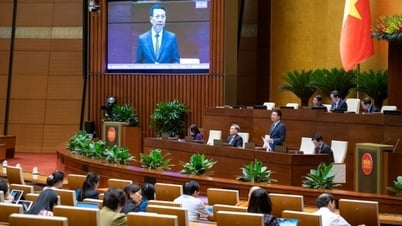
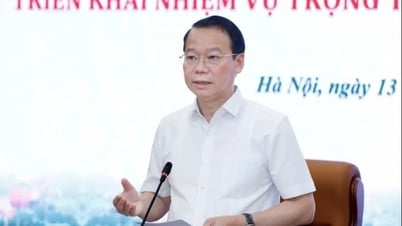





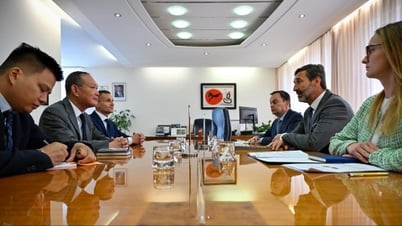
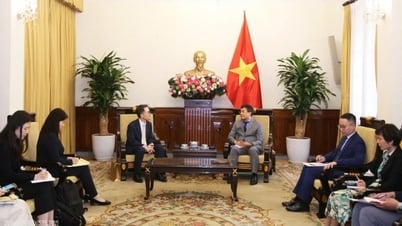
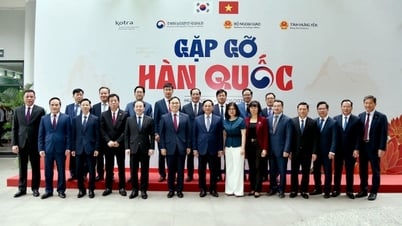
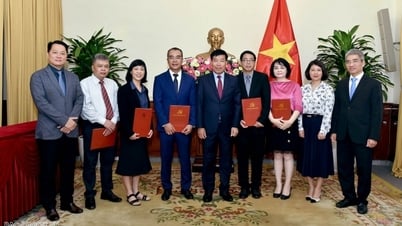

















































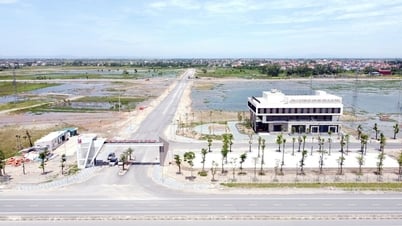














Comment (0)